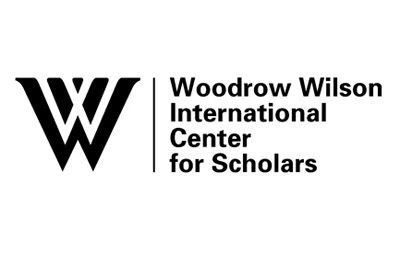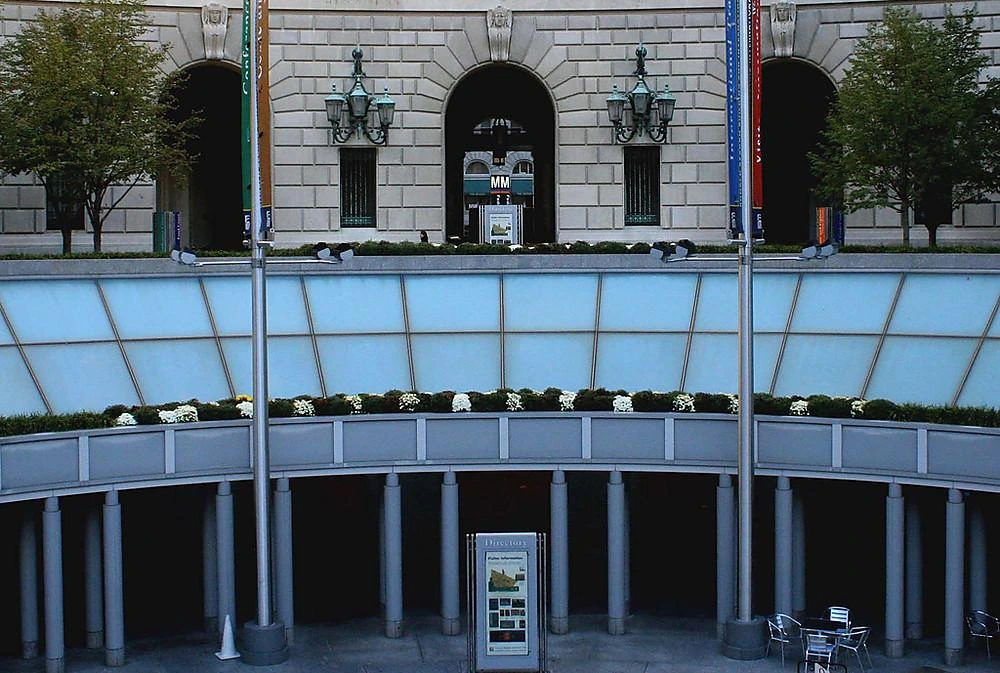Woodrow Wilson Center Fellowship

Location: USA

Location: USA

The Woodrow Wilson International Center for Scholars bridges the gap between scholarship and policy by fostering intellectual engagement on critical issues impacting the United States and the global community. This prestigious fellowship is an opportunity for scholars, professionals, journalists, and government experts to collaborate, research, and contribute to policy discussions in Washington, D.C.
The Woodrow Wilson Center offers 9-month residential fellowships through an international competition. Fellows engage in in-depth research and writing in their areas of expertise while participating in dialogues with policymakers, other academics, and the Wilson Center staff. The program prioritizes non-advocacy, policy-relevant proposals addressing significant issues facing the U.S. and the world.
Meet the QECS Scholars: Alumni Stories
Andrew Harvey - Preserving the Languages Spoken in the Tanzanian Great Rift Valley
As a QECS alum, Andrew Harvey embarked on a mission to document and preserve the rich linguistic heritage of the Great Rift Valley in Tanzania. His work has been instrumental in ensuring that these languages, many of which are at risk of extinction, are recorded and safeguarded for future generations.
Ajra Mohamed - Facilitating E-Learning and Advocating for Social Change in Kenya
Ajra Mohamed, a passionate QECS scholar, has worked tirelessly to facilitate e-learning initiatives across Kenya. She advocates for educational reforms that bridge the gap for underserved communities, empowering individuals with the knowledge and skills needed to spark meaningful social change.
Betty Kabarega - Strengthening Health Systems Across Africa
As a QECS scholar, Betty Kabarega has focused on fortifying healthcare systems throughout Africa. Her research and initiatives aim to improve access to quality healthcare, ensuring that vulnerable populations receive the support they need to thrive.
Yusuf Brima - Empowering Communities with Education
Yusuf Brima, a passionate QECS alumni, has dedicated his career to providing education to marginalized communities. Through innovative programs and grassroots initiatives, he is helping individuals, especially youth, unlock their potential and transform their futures.
Hellen Kasila - Supporting Communities in Need
Hellen Kasila has been a steadfast advocate for underserved communities, using her QECS experience to provide essential support in the form of health services, education, and economic opportunities. Her work focuses on uplifting vulnerable populations and improving their overall quality of life.
Mweshi Chibangulula - Making Energy Poverty a Human Rights Issue
Mweshi Chibangulula’s work as a QECS scholar focuses on advocating for energy access as a fundamental human right. His efforts aim to combat energy poverty and ensure that all communities, regardless of their socioeconomic status, have access to reliable and affordable energy sources.
Wendy Dlamini - Addressing the Gap in Non-Communicable Diseases and Gender Roles
Wendy Dlamini, a QECS alum, has been at the forefront of research into the intersection of non-communicable diseases and gender roles. Her work explores how gender affects health outcomes and advocates for gender-sensitive healthcare policies that address these disparities.
Steven Mitini-Nkhoma - Supporting the Global Fight Against COVID-19 and Infectious Diseases
A QECS scholar, Steven Mitini-Nkhoma has contributed to the global fight against COVID-19 and other infectious diseases. His work focuses on improving public health strategies, sharing critical knowledge, and ensuring vulnerable populations are protected during pandemics.
Mahmood Hassan Dalhat - Cutting-Edge Cancer Research
Mahmood Hassan Dalhat’s research as a QECS scholar is revolutionizing the field of cancer treatment. With a focus on cutting-edge therapies and innovative approaches to early detection, his work is advancing medical science and bringing hope to patients battling cancer.
These inspiring alumni stories reflect the impactful work of QECS scholars who are shaping a better future for communities around the globe through their dedication, research, and advocacy.
It is essential to make your project clear to individuals outside your own field and to explain its broader implications. The following elements should be addressed in the proposal:
For more information click here.